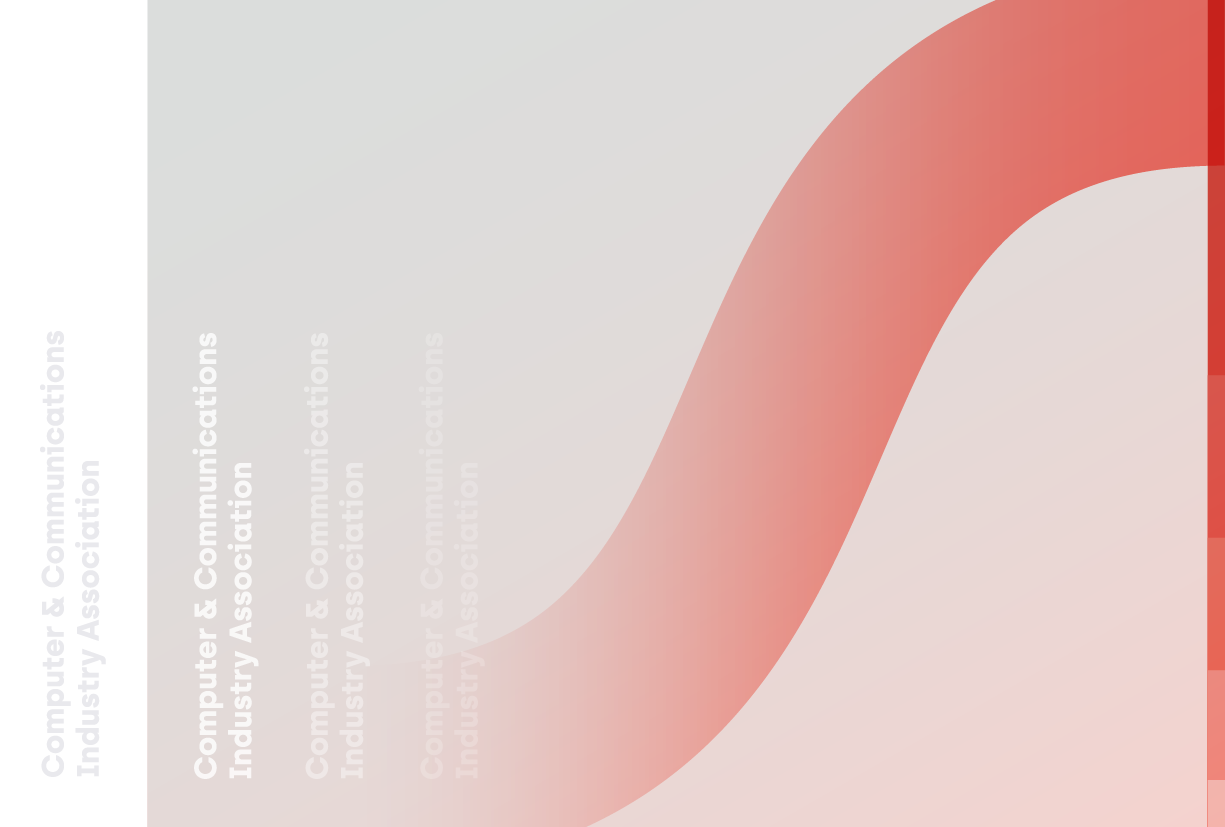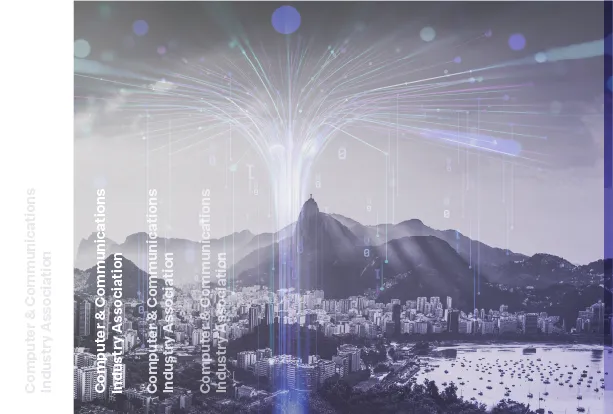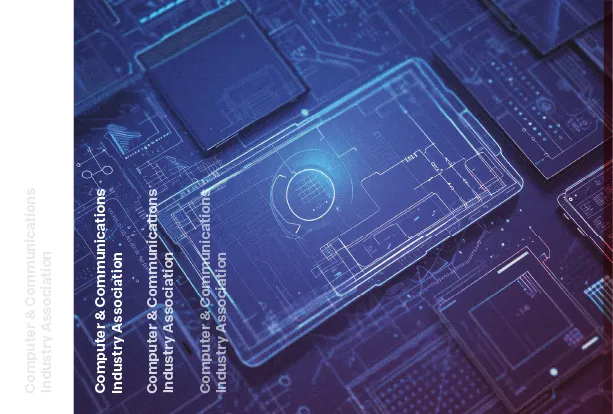Tech regulatory bills like S. 2992 and H.R. 3816 would increase operating costs for regulated U.S. companies, reducing their market value and harming their shareholders. State and local government employee pension plans are leading shareholders in companies that would be regulated by such tech regulatory bills, jeopardizing the retirement benefits of 27.9 million pension plan members including teachers, firefighters, nurses, and police.
- “Day 1 Impact” means losses upon enactment from holdings in 5 targeted firms
- “Long Term Impact” means losses from holdings in any of 100 firms likely to be regulated by the 2030s.
About This Map
The map shows the estimated aggregate financial impacts to public pension plans and plan members that would result from the enactment of tech regulatory bills like S. 2992 and H.R. 3816 over two time horizons reflecting the expected growth in the number of U.S. businesses regulated by the tech regulatory bills over time.
The first time horizon, “Day 1 Impact,” shows the financial impacts expected upon enactment of the tech regulatory bills due to the direct impacts to five U.S. businesses that would be regulated immediately: Google, Apple, Microsoft, Meta, and Amazon.
The second time horizon, “Long Term Impact,” shows the financial impacts that would be expected by the 2030s following enactment of the tech regulatory bills when over 100 leading U.S. businesses would be regulated under the bills.
The underlying analysis uses data from publicly available data on public pension plans, stock market data, public company financial disclosures, and Public Plans Data. The analysis extends the methodology used in Dippon & Hoelle (2022). The key takeaways of Dippon & Hoelle (2022) are summarized here and the full report can be downloaded here.
Why This Matters
State and local government employee pension plans are major institutional investors, relied upon by at least 27.9 million Americans for retirement income, that typically invest heavily in securities issued by U.S. firms that would be significantly adversely impacted by the tech regulatory bills.
Google, Facebook, Apple, Microsoft, and Amazon stocks have an overall 86% representation in these pension plans’ top 10 holdings – the average such pension plan has 4.3 of the 5 businesses that would be regulated upon enactment of the bills in its top 10 holdings.
Tech regulatory bills like S. 2992 and H.R. 3816 would significantly increase operating costs for regulated businesses, decreasing the market value of their stocks and other securities.
Consequently, state and local government employee pension plans, as leading investors in regulated firms, would suffer up to $6 billion in Day 1 Impacts upon enactment and up to $109 billion in Long Term Impacts by the 2030s.
Put differently, the tech regulatory bills would cost the average state and local government employee pension plan member up to $252 in Day 1 Impacts upon enactment and up to $3,928 in Long Term Impacts by the 2030s.



